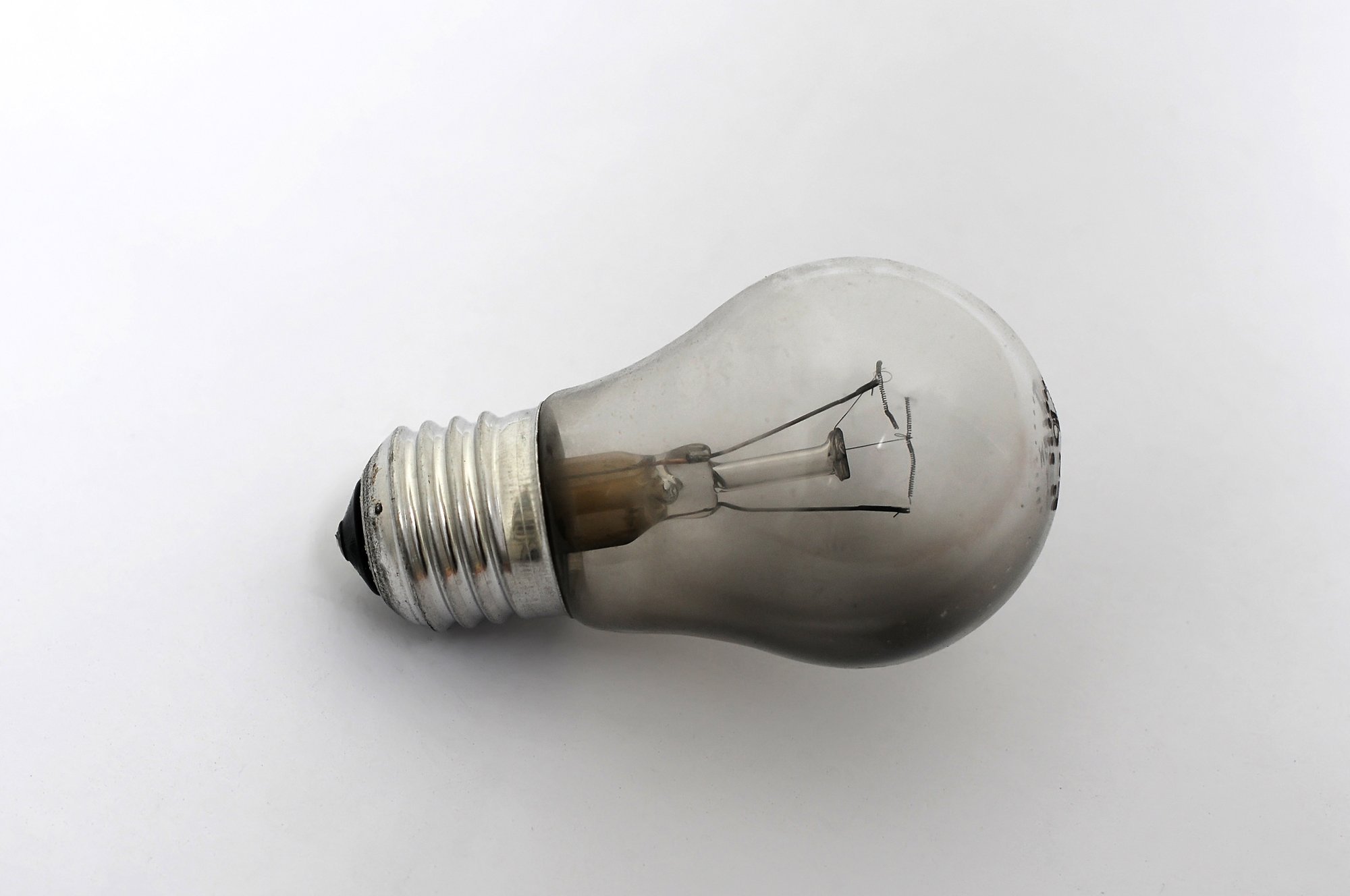Troubleshooting Guide: Why Your Light Bulbs Keep Burning Out
Are you tired of constantly replacing light bulbs in your home or office? It can be frustrating and costly to have to replace light bulbs frequently. But before you start stocking up on more light bulbs, it’s important to understand why your light bulbs keep burning out. In this troubleshooting guide, we’ll explore the common causes of light bulb burnout and how to fix them.
Common Causes of Light Bulb Burnout
Wattage Mismatch
by Rosie Kerr (https://unsplash.com/@rosiekerr)
One of the most common causes of light bulb burnout is a wattage mismatch. This occurs when you use a light bulb with a wattage that is too high for the fixture. For example, if you use a 100-watt bulb in a fixture that is only rated for 60 watts, the bulb will burn out quickly. This is because the fixture is not designed to handle the heat generated by the higher wattage bulb.
To avoid this issue, always check the wattage rating on your light fixtures and use bulbs that match the recommended wattage. If you need brighter light, consider using LED bulbs, which use less wattage but produce the same amount of light.
Poor Quality Bulbs
Not all light bulbs are created equal. Cheap, low-quality bulbs are more likely to burn out quickly. This is because they are made with lower quality materials and may not be able to handle the heat and stress of regular use.
When purchasing light bulbs, opt for reputable brands and avoid bargain bulbs. While they may be more expensive upfront, they will last longer and save you money in the long run.
Loose Connections
by Ahmad Dirini (https://unsplash.com/@ahmadirini)
Another common cause of light bulb burnout is loose connections. If the bulb is not screwed in tightly or the connection between the bulb and the fixture is loose, it can cause the bulb to flicker or burn out. This is because the loose connection can cause the bulb to overheat, leading to premature burnout.
To fix this issue, make sure to screw the bulb in tightly and check the connection between the bulb and the fixture. If the connection is loose, try cleaning the contact points with a cloth and tightening the connection.
Voltage Fluctuations
Voltage fluctuations can also cause light bulbs to burn out quickly. If the voltage in your home or office is not stable, it can cause the bulb to receive too much or too little power, leading to burnout. This is especially common in older homes with outdated wiring.
To fix this issue, consider installing a voltage regulator or surge protector to stabilize the voltage in your home. You can also contact an electrician to inspect and update your wiring if necessary.
Vibration
by Ana Cruz (https://unsplash.com/@anacruzbaeza)
If your light bulbs are located in areas with a lot of vibration, such as near a washing machine or on a ceiling fan, it can cause the filament in the bulb to break, leading to burnout. This is because the constant movement can weaken the filament and cause it to fail.
To prevent this issue, try using vibration-resistant bulbs or moving the bulbs to a less-vibrating location.
Troubleshooting Tips for Light Bulb Burnout
Now that you know the common causes of light bulb burnout, here are some troubleshooting tips to help you fix the issue.
Check the Wattage
If you suspect a wattage mismatch is causing your light bulbs to burn out, check the wattage rating on your fixtures and make sure to use bulbs that match the recommended wattage.
Inspect the Bulb
by Anil Xavier (https://unsplash.com/@aniljose1997)
If your light bulb is flickering or dimming, it may be a sign that the filament is broken. Inspect the bulb for any visible damage, such as a broken filament or black marks. If the bulb is damaged, replace it with a new one.
Tighten Connections
Make sure to screw the bulb in tightly and check the connection between the bulb and the fixture. If the connection is loose, try cleaning the contact points with a cloth and tightening the connection.
Consider LED Bulbs
LED bulbs are more energy-efficient and have a longer lifespan compared to traditional incandescent bulbs. Consider switching to LED bulbs to save money and reduce the frequency of light bulb burnout.
Check for Voltage Fluctuations
If you suspect voltage fluctuations are causing your light bulbs to burn out, consider installing a voltage regulator or surge protector to stabilize the voltage in your home.
Use Vibration-Resistant Bulbs
If your light bulbs are located in areas with a lot of vibration, try using vibration-resistant bulbs or moving the bulbs to a less-vibrating location.
When to Call a Professional
If you’ve tried troubleshooting and your light bulbs continue to burn out quickly, it may be time to call a professional. An electrician can inspect your wiring and fixtures to determine the root cause of the issue and make any necessary repairs or updates.
Conclusion
Light bulb burnout can be frustrating and costly, but with the right troubleshooting tips, you can fix the issue and prevent it from happening in the future. Remember to always check the wattage, inspect the bulb, and tighten connections to prevent light bulb burnout. And if all else fails, don’t hesitate to call a professional for help. With these tips, you can keep your lights shining bright for longer.

